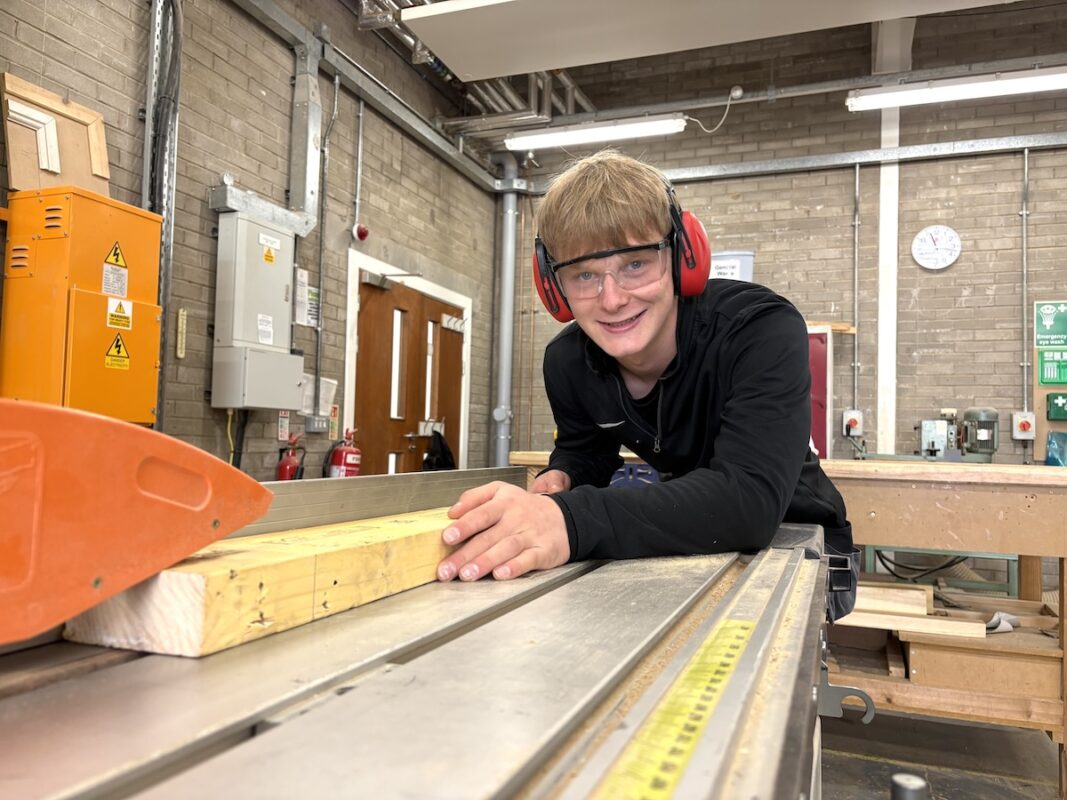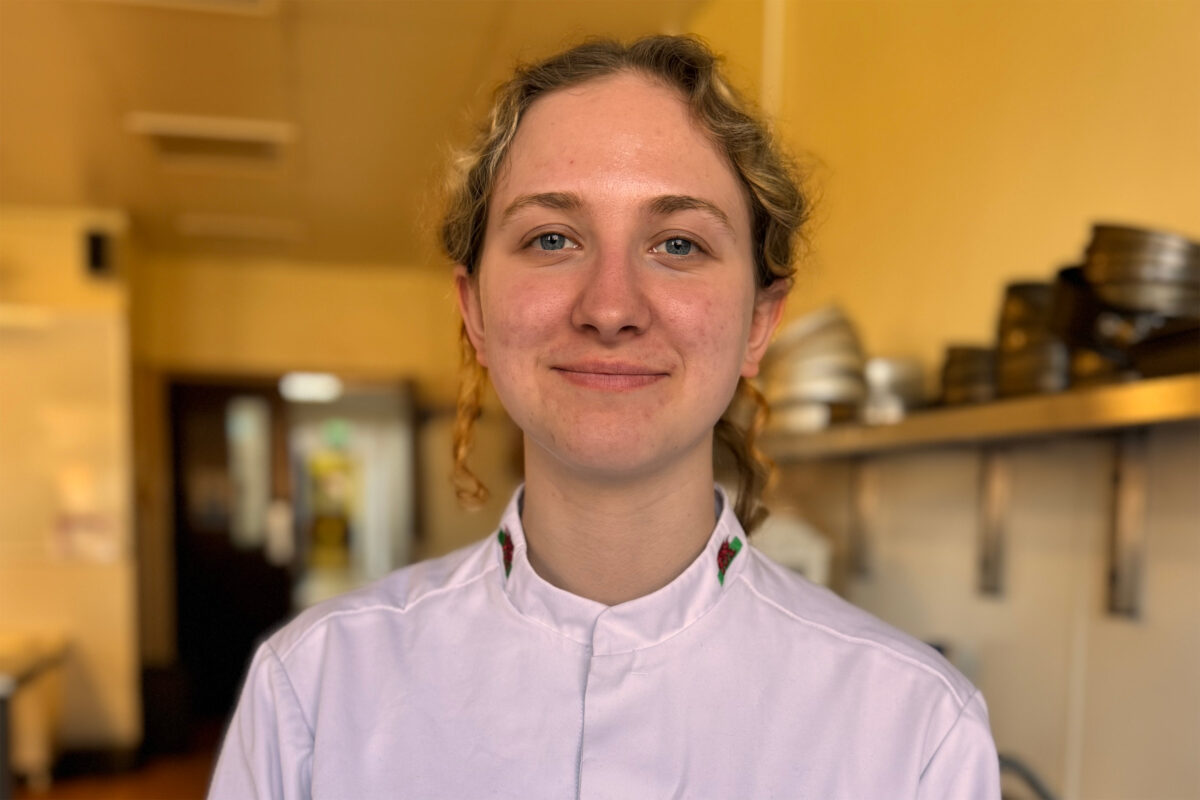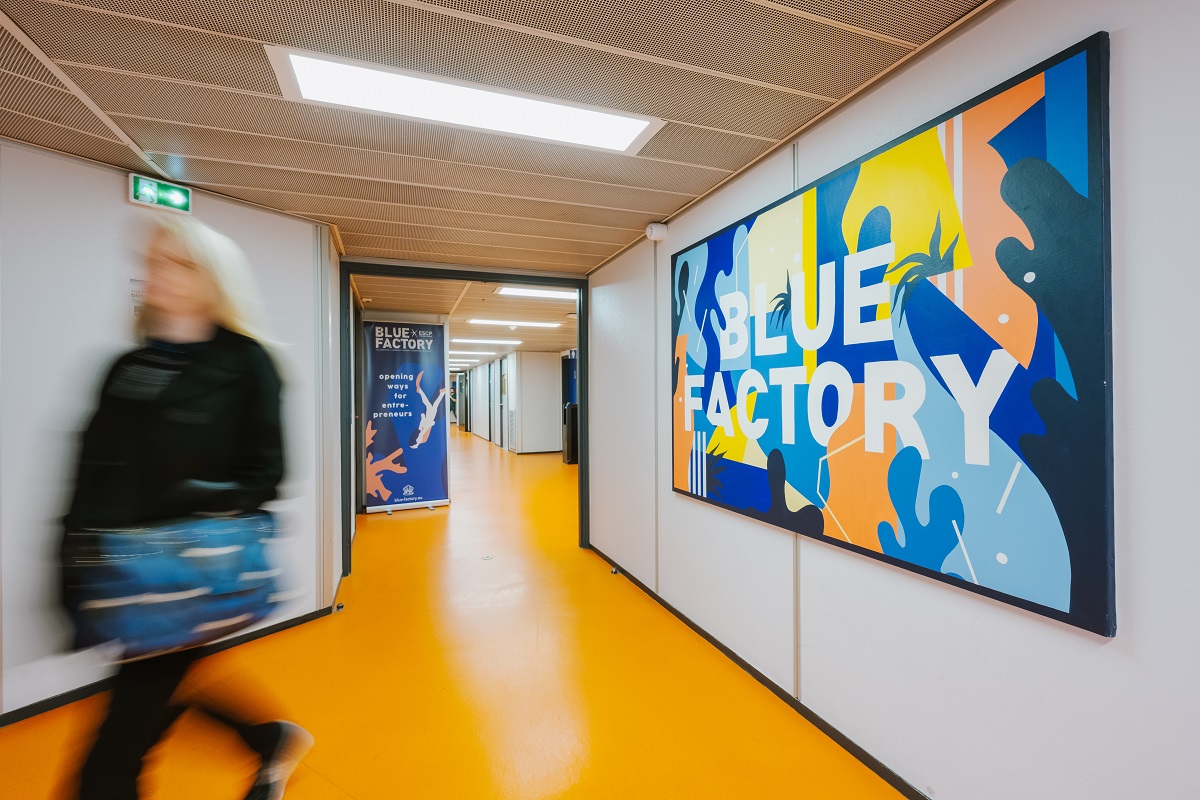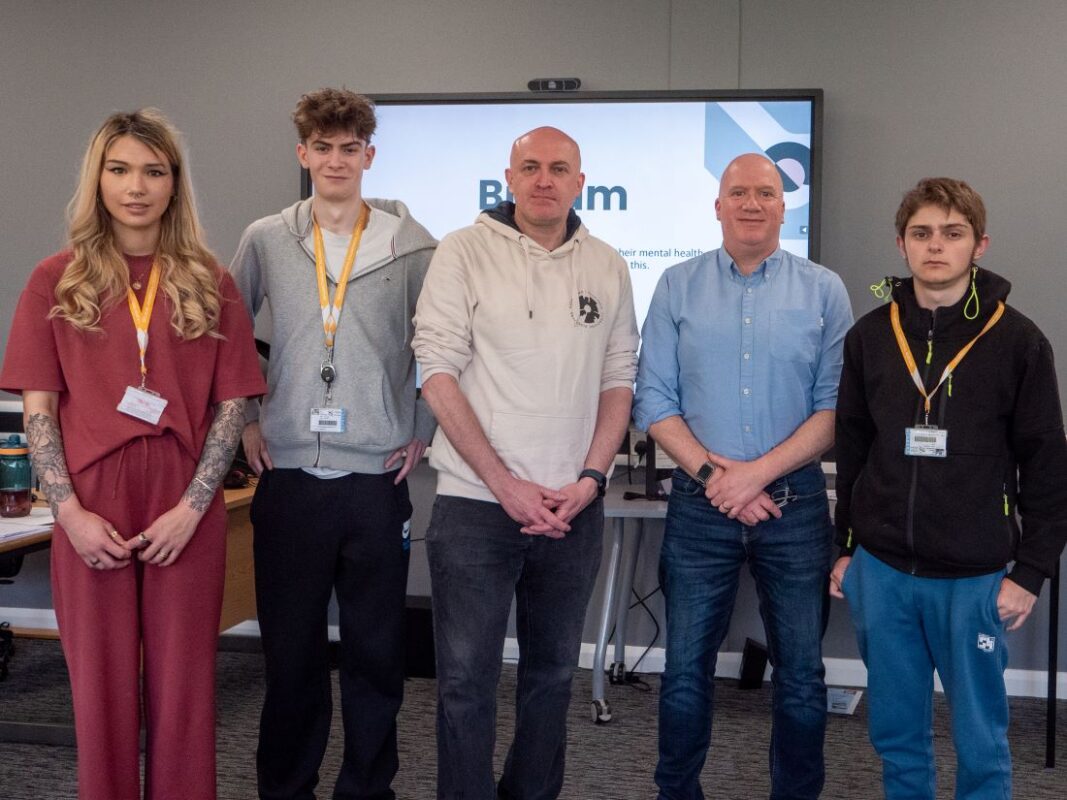Women in STEM, the tide is beginning to turn, get out there and ride the wave!

#WomenInSTEM – Celebrating International Day of Women and Girls in Science today, 11th February, we feature Katerina Fotoglou and look at the path which led her to become a mechanical engineer, and work for technology and energy storage company Sunlight Group.
Women and STEM
It’s no secret that there’s a significant gender gap in science, technology, engineering and mathematics (STEM). For years, women have been underrepresented in these areas, making up only 28 per cent of the relevant workforce*. It starts young, with men greatly outnumbering women majoring in STEM subjects at university, and the trend is subsequently reflected in the industry’s most prestigious and highest-paying jobs.
Engineering is one of the STEM subjects that scores the lowest in terms of attracting women. For me, it was a natural choice. I always wanted to know how things work, did well at school and had a special love for physics and maths, which resulted in winning a technology competition in junior high-school. That cemented it for me, as I realised how amazing it is to transfer theory into practice, be involved in interesting endeavours, and maybe even improve the world along the way. I knew that this was something I had to pursue in my life.
Upskilling
So, I studied mechanical assemblies at the Aristotle University of Thessaloniki in Greece, where I also got my first Master of Science (MSc) degree in Analysis and Synthesis of Mechanical Engineering. I then moved to London to do a second MSc in Automotive and Motorsport Engineering at Brunel University, and also became a Charter Engineer and Mentor for other engineers through the Institution of Mechanical Engineers (IMechE).
This paved the way for my career as a test engineer. At Jaguar Land Rover I started out as structural test engineer and became the lead engineer for battery test operations. It’s a fascinating time to work in this industry – a fast-moving field with so much opportunity, as the world increasingly looks towards greener power storage options and the automotive sector expands the range of available electric and hybrid cars.
After five years at Land Rover and ten living abroad, it was time to return home. All I wanted was the right opportunity and it came with Sunlight Group Energy Storage Systems, a global technology company with headquarters in my native Greece, specialising in integrated and innovative energy storage solutions that are exported worldwide. I had completed my education with an advanced project management course at the University of Warwick, which has stood me in good stead for my role at Sunlight, where I’m the Supervisor of the Test and Certification Lab in the R&D Department. Testing has always been my passion: we’re constantly trying to do new things, improve our products, and the way we work.
Why do we need more women in STEM?
One of the most exciting parts of my job is working with a diverse group of engineers from all over the world. I currently lead a group of young engineers comprising four men and one woman, besides myself.
Until quite recently, the norm has been for women in engineering to face challenges in their career, as tired old stereotypes followed them from university to the workplace. They used to be judged and challenged, often unfairly in comparison to their male colleagues, which is both unprofessional and detrimental to one’s confidence. This is why I’m passionate about breaking the stereotypes, and as an IMechE Mentor I strive to be a positive role model for young engineers of any gender. They should all be given the opportunity to prove themselves competent and supported to reach their full potential without limitations.
That said, nowadays the number of women in our sector is rapidly increasing – especially in R&D and even more so in purely research roles. In testing, on the other hand, where a hands-on skillset is a mandatory requirement, there’s still some work to be done. But even there, women can offer so much, as to my experience they are often more detail- and process-oriented. To offer an example from a former position: an issue occurred and needed fixing and while the male engineers employed hands-on methods to tackle it, a young female colleague got to the root of the problem by simply using a standardised method. It was smart, swift, efficient, and saved everyone a whole lot of time.
What makes the work so rewarding?
The lithium-ion batteries and battery management systems we work on at Sunlight Group are used for such diverse and interesting applications and products. Some go to industrial power vehicles like forklifts, while others are used for storing energy produced by renewable sources, such as solar panels and wind turbines.
Sunlight is fully supportive of the energy transition to a net zero future. And we not only develop sustainable energy solutions, but also offer the expertise, state-of-the-art equipment and facilities of our R&D department by participating in innovative research projects. Which is exciting in itself, as our work extends beyond just products and Sunlight’s scientists and engineers are afforded the chance to work on how our business affects and improves society through other means.
We have worked on a couple of collaborative European projects on creating more stable, secure, and sustainable “smart” energy grids.
Another project focused on improving quality control with the use of Industry 4.0 applications, such as Machine Learning tools.
A third endeavour led to the development of a device which senses, measures and records the bio-indicators (body temperature, heart rate, oxygen levels, etc.) of pilots to prevent aviation accidents caused by human error. Very exciting and diverse projects! As is a current project where we’re looking into how to purify the water we use in the production and manufacturing process and return it to the surrounding environment – a true win-win in terms of sustainability and conservation of natural resources, as well reduction of operational costs.
Collaborating with engineers from all over the world on testing and watching my R&D colleagues working on projects like these is what makes this job so brilliant. I’ve been in this industry for over 10 years, and I’ve never seen it as dynamic and inclusive as it is now. The playing field is far from level yet, but the industry has made great progress in terms of creating inclusive working environments. Recruitment processes have changed, more and more women assume key leadership roles, courses and trainings are provided for personnel. The future surely seems bright and exciting.
Future-proof your life
If I had to give any advice to women considering studying STEM subjects at university and embarking on a STEM career it would be this: follow what makes you curious.
If you’re interested in the way things are put together and how they work, as I was, consider a career in engineering.
Or perhaps you are fascinated by computers and programming? Or numbers and maths?
Whatever your passion, pursue it and find a company that’s committed to developing innovative products and ideas, and to investing in its staff.
There are huge opportunities out there for women in STEM. The tide is beginning to turn as more businesses recognise the importance of diversity and gender balance. Get out there and ride the wave.
Katerina Fotoglou, Testing & Certification Supervisor at Sunlight Group Energy Storage Systems
*Source – American Association of University Women











Responses